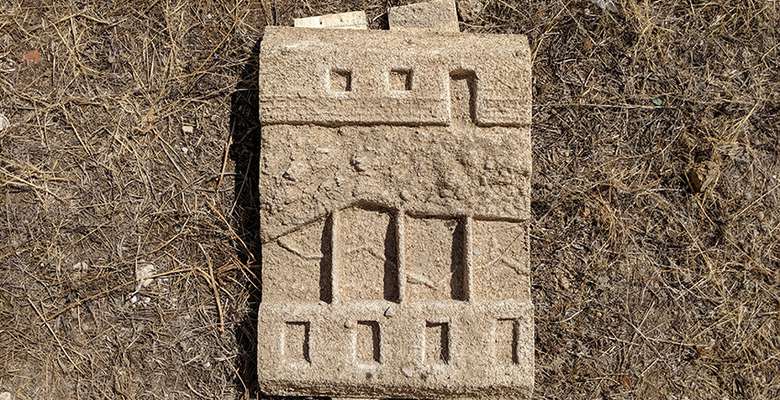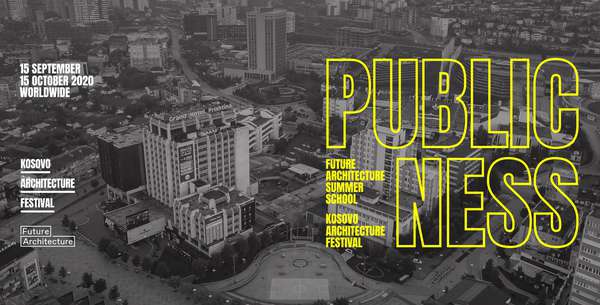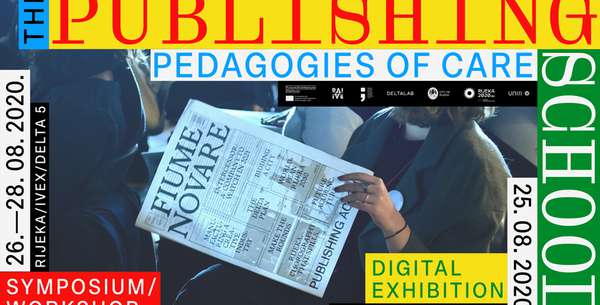Idea by
Marco Moro, Paolo Pisano, Sabrina Puddu, Francesco Zuddas
Urbanaarchitettura
Call for ideas 2020
Institutes of Care
Institutes of Care

- New alliances
We live in an age of ruins. The ruins of the welfare state in its various ideological and geopolitical embodiments in the form of those institutions that have been carefully choreographed to shape modern territories of top-down, domesticated, collectivised life.
From education to healthcare, confinement to mental treatment, their architectures have often been relocated, sent to exile, vacated, forgotten, repudiated, or simply left to their own destiny in a state of controlled decay. Yet they might still be a resource for reinventing modes of living together.
As opposed to market-driven neoliberal euphory to reinvent these places – read: the cultural center, the luxury hotel, the creative hub, the innovation campus, etc. – their fossils are particularly problematic in less booming economies. What to do, beyond their musealisation, or final commodification?
We think that precisely in the ruin of an institution lies the prospect of a de-institutionalised idea of collectivity.
Institutes of Care
Institutes of Care

- New alliances
We live in an age of ruins. The ruins of the welfare state in its various ideological and geopolitical embodiments in the form of those institutions that have been carefully choreographed to shape modern territories of top-down, domesticated, collectivised life.
From education to healthcare, confinement to mental treatment, their architectures have often been relocated, sent to exile, vacated, forgotten, repudiated, or simply left to their own destiny in a state of controlled decay. Yet they might still be a resource for reinventing modes of living together.
As opposed to market-driven neoliberal euphory to reinvent these places – read: the cultural center, the luxury hotel, the creative hub, the innovation campus, etc. – their fossils are particularly problematic in less booming economies. What to do, beyond their musealisation, or final commodification?
We think that precisely in the ruin of an institution lies the prospect of a de-institutionalised idea of collectivity.

